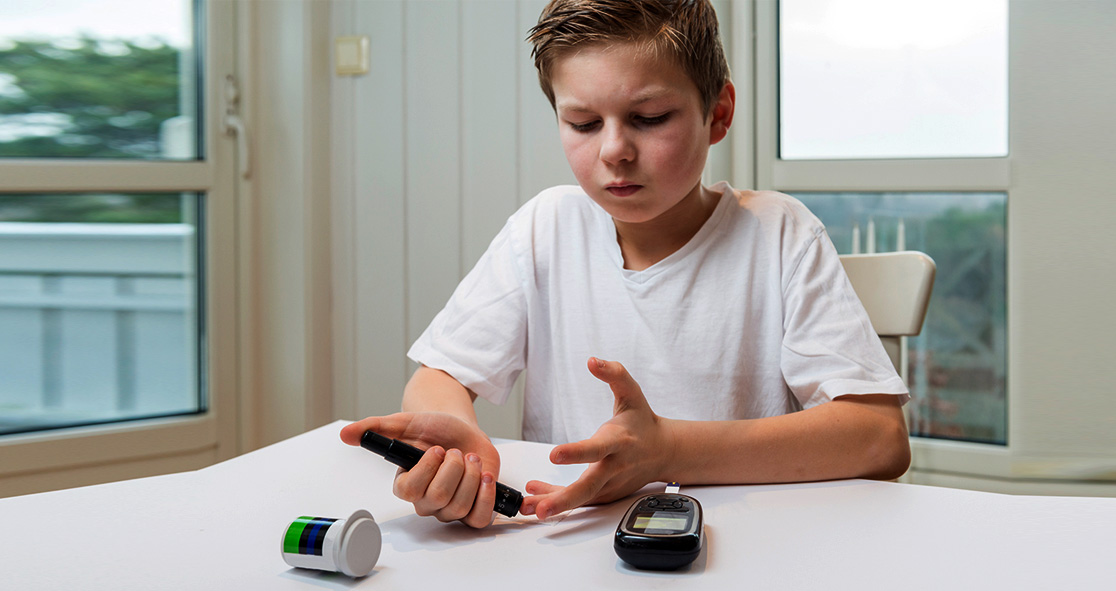A new study, published last week in the New England Journal of Medicine, has suggested that children and teenagers diagnosed with type 2 diabetes are more likely at risk of developing complications before the age of 30, according to Medicine Net.
The findings suggest how rapidly one can develop complications associated with diabetes.
Researchers looked at 500 children and teenagers with type 2 diabetes and found that 60% of them developed at least one diabetic complication over the next 15 years, including neuropathy, retinopathy, and nephropathy.
Type 2 diabetes is usually associated with older age and obesity but since the rate of childhood obesity has climbed in recent decades, more and more kids are being diagnosed with the condition.
By the end of the study period, 55% of the participants had kidney disease, nearly 33% had nerve damage, and 50% had eye disease due to blood vessel damage.
Study researcher Dr. Philip Zeitler said, “To some extent, this confirms what we’d suspected, but didn’t know. There remains a question of whether kids develop complications any faster than adults do. But it doesn’t happen more slowly.”
Even in children, “the disease is potentially very aggressive. It needs to be taken seriously,” added Dr. Zeitler, who is a pediatric endocrinologist at Children’s Hospital Colorado, in Aurora.
However, there is no simple solution for type 2 diabetes, Oral medication, such as metformin, and insulin can help control high blood sugar.
In addition, the researchers found that about 20% of the participants had unhealthy blood pressure or cholesterol levels. And by their late 20s, 67% had high blood pressure and 50% had high cholesterol.
A healthy lifestyle that included a healthy diet, regular exercise and weight loss, is important to manage type 2 diabetes and prevent complications. However, Dr. Zeitler said that is easier said than done for families who cannot afford healthy foods, or have no safe place for their kids to exercise.
He said, “This is really a social problem. It’s a reflection of the breakdown in our social safety net.”
Dr. Molly Regelmann, a pediatric endocrinologist at Children’s Hospital at Montefiore in NYC, said that children with type 2 diabetes fare best when families are able to make changes to the whole household’s diet and exercise habits. And that can be a challenge.
Dr. Regelmann, who was not part of the study, explained, “Rates of obesity and type 2 diabetes tend to be higher in ‘food deserts’ — areas with limited access to fresh and healthful foods in grocery stores and farm stands.”
“School closures during the COVID-19 pandemic have led to fewer opportunities for organized sports and physical education classes,” she added. “The pandemic has also caused gym closures, and in areas where public transportation is necessary to reach open spaces, families have had to weigh risks and benefits of exercise with potential exposures to infection.”
Dr. Regelmann said, “This study highlights the need to test these medications in younger patients.” The article was published in Medicine Net.





















